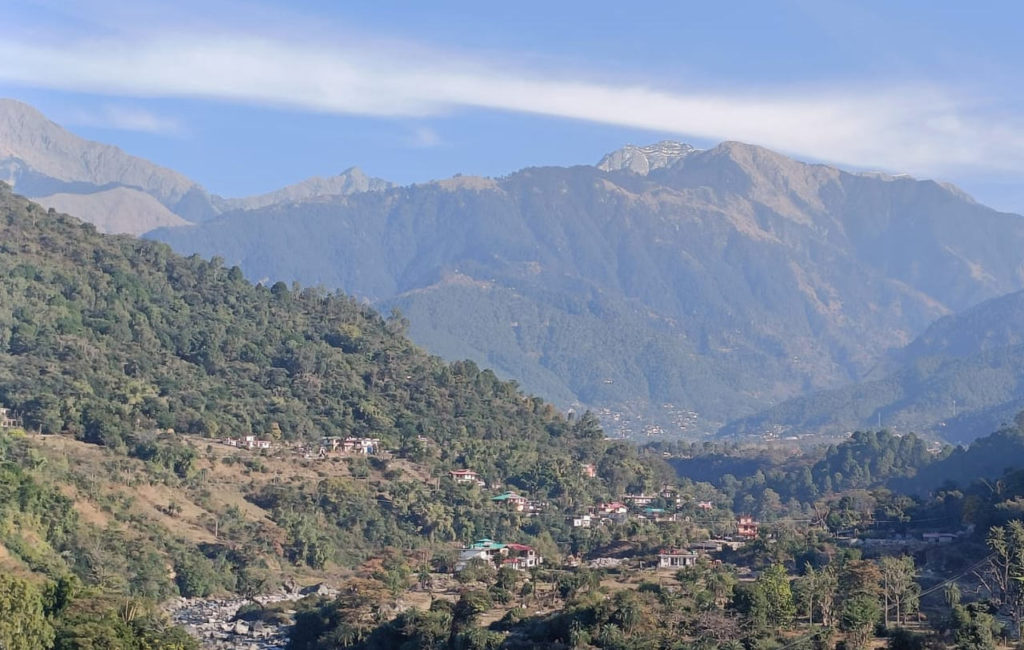Kangra – In a groundbreaking move towards sustainable wildlife conservation, Himachal Pradesh’s Bankhandi Zoological Park is set to emerge as a trailblazer in renewable energy and waste management practices. With a committed investment of Rs. 619 crore, the project not only aims to provide an immersive experience for visitors but also pledges to significantly minimize its ecological footprint.
The Zoological Park is planned to be completed in three phases. The first phase, scheduled for completion by December 2024, is poised to showcase the park’s commitment to environmental stewardship.
At the heart of this green initiative lies the incorporation of cutting-edge eco-friendly technologies. The tentative budget of Rs. 619 crore will be directed towards harnessing renewable energy sources, prominently featuring solar power. This move aligns seamlessly with the global shift towards sustainable practices and is expected to position the Zoological Park as a leader in environmentally conscious wildlife sanctuaries.
Efficient waste management systems are also at the forefront of the project’s priorities. The park’s master layout includes robust mechanisms to minimize waste and promote recycling, ensuring that the Zoological Park stands as a model for responsible waste management in large-scale public spaces.
Chief Minister Sukhvinder Singh Sukhu emphasized the pivotal role this green initiative will play in leveraging the tourism potential of the region. He stated that the project aligns with the state government’s commitment to sustainable development, positioning Himachal Pradesh as a leader in eco-friendly tourism.
The Zoological Park, designed to international standards, will feature diverse exhibits, including an Orientation Centre, Walk-in Aviary, and themed zones representing different landscapes. Additionally, an Aquatic Zone, Nocturnal House, and a Safari-like experience on a Monorail will further enhance the visitor’s experience.
In addition to its conservation efforts, the Bankhandi Zoological Park aims to contribute significantly to the local economy. The project is expected to generate employment and self-employment opportunities, further solidifying its status as a transformative force in the region.





